As Americans were reminded in 2000, presidential campaigns are won or lost in the electoral college. As we assess Donald Trump’s recent surge, we should keep this fundamental fact in mind. As Trump has narrowed the gap with Hillary Clinton, he has moved a significant number of states out of the Clinton column, and a smaller number into his own. But even as her lead shrinks, Clinton retains an advantage in the electoral college that it will be difficult for Trump to overcome.
As of September 21, Trump leads decisively in 20 states with a total of 164 electoral votes. He needs 270 to win the presidency outright. Where is he going to get them?
To begin, he seems likely to prevail in Georgia (16 EVs), Iowa (6 EVs), and Maine’s 2nd congressional district, which together would give him an additional 23 EVs, for a total of 187.
After this, things get harder—fast. Here’s the next tranche of possibilities:

None of these states is exactly a slam-dunk for Trump. Nonetheless, let’s assume that all 5 break in his favor during the campaign’s final weeks. This would give him an additional 80 EVs, for a total of 267, still 3 short of victory. Then what? Here are the remaining possibilities, any one of which would put him over the top. (For these states, I’ve provided the Clinton and Trump totals based on a 4-way race including Gary Johnson and Jill Stein.)

Trump’s electoral prospects do not appear bright in any of these states. Despite Trump’s early vow to carry Pennsylvania, he is unlikely to do so. Nor is he likely to wrest the upper Midwest from his Democratic adversary. He trails by substantial margins in both Michigan and Wisconsin, and Minnesota has been out of reach for some time.
Trump comes closest in Colorado, which is—by no coincidence—one of Libertarian candidate Gary Johnson’s strongest states. Still, Johnson reduces Clinton’s lead by only 0.7 percentage points, and Barack Obama defeated Mitt Romney in Colorado by 5.4 points.
In sum, despite Trump’s recent surge, which has reduced Clinton’s national edge by two-thirds, he continues to face an uphill climb to an electoral college majority. Much can happen in the next 7 weeks, of course. A decisive win in the first presidential debate could set him on the road to victory, and so could a major terrorist incident that crystallizes “Get tough” sentiments among swing voters. Absent such a game-changer, Trump will do better than many pundits thought he would a month ago, but he will not prevail.
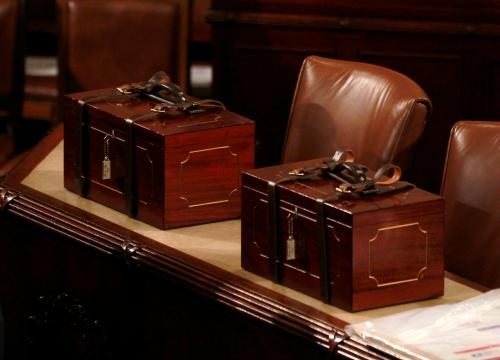
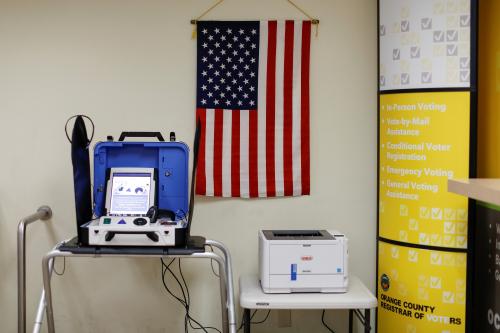
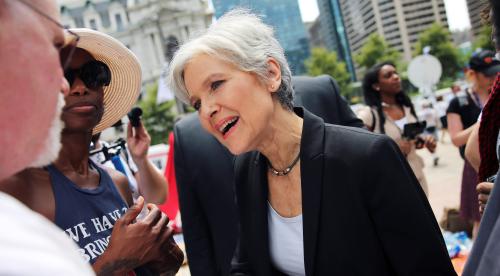
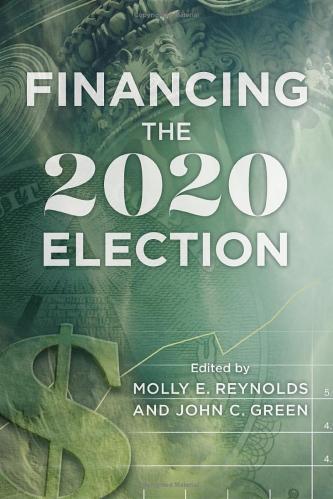
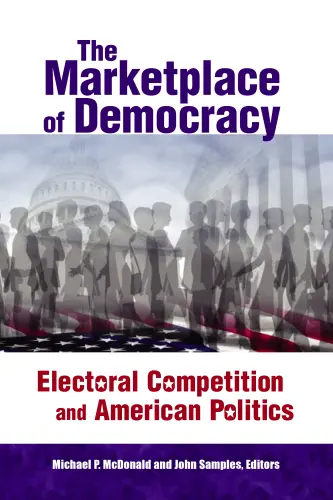
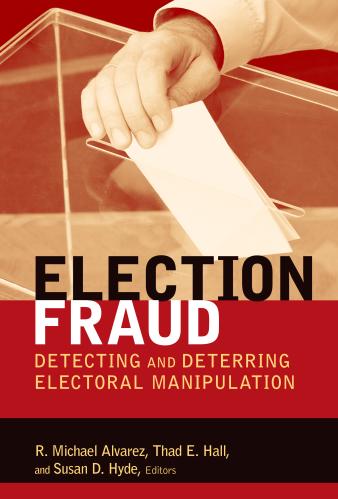




Commentary
Trump’s chances of taking the electoral vote are slim
September 22, 2016